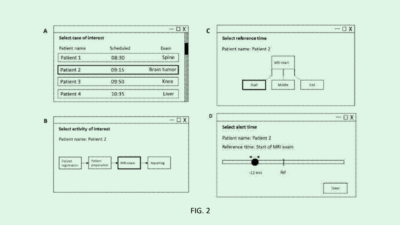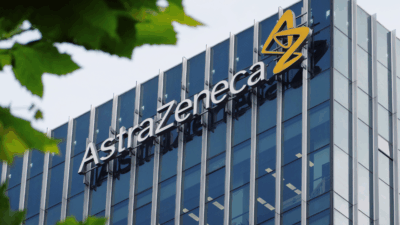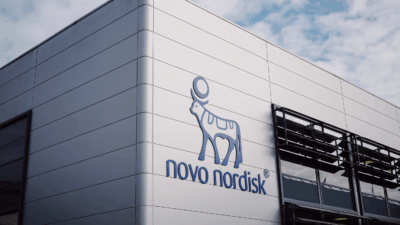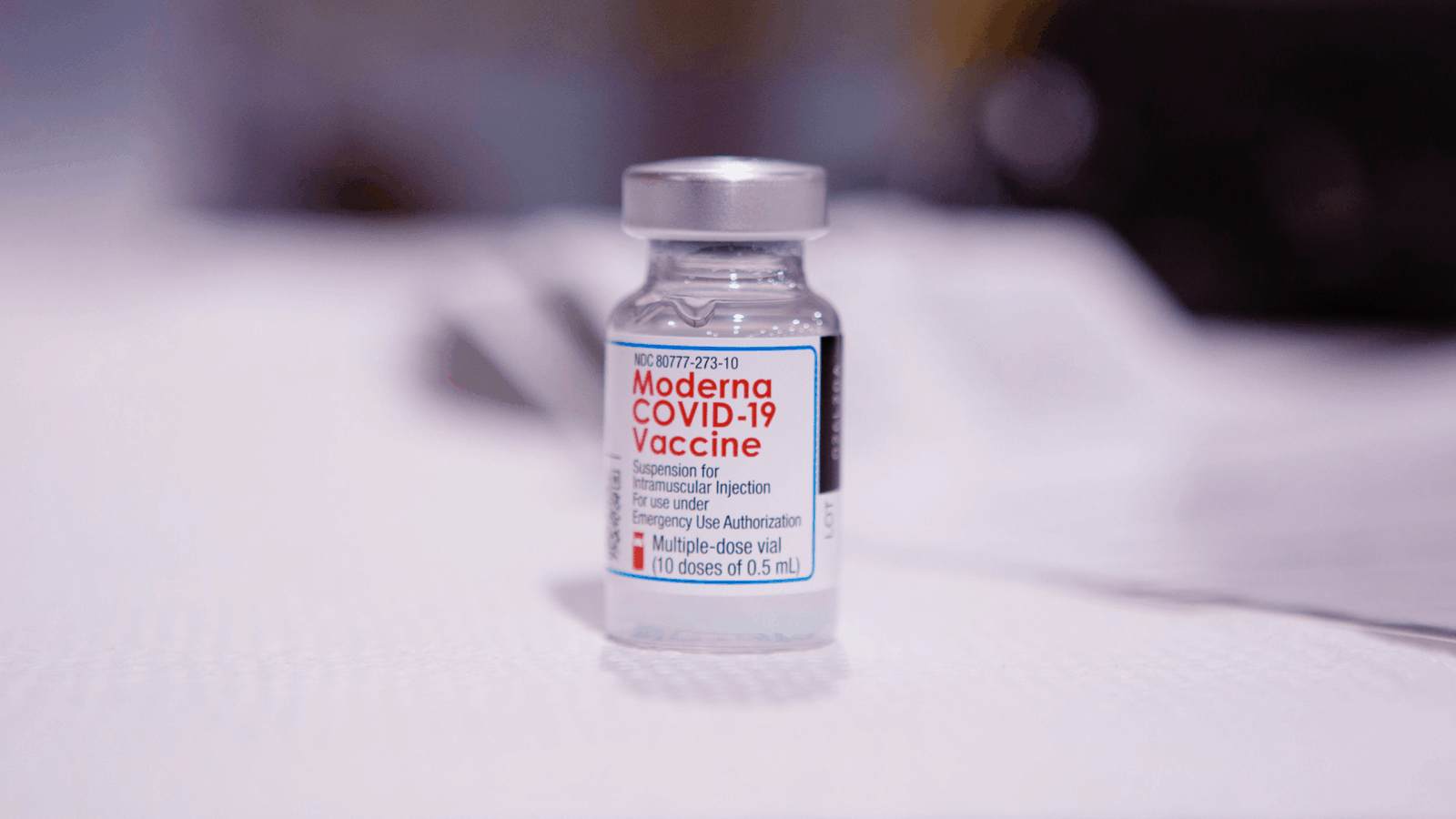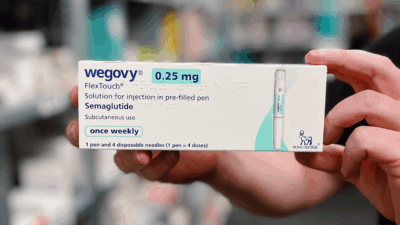
Sign up for smart news, insights, and analysis on the biggest financial stories of the day.
Nothing not to love here.
Over the weekend, biotech pioneer Intellia Therapeutics released breakthrough results in an early-stage clinical trial. For the first time in history, scientists have used gene-editing technology CRISPR to directly target an organ inside the body.
A Big W For Science
First, a bit of background for those without a PhD. CRISPR — short for clustered regularly interspaced short palindromic repeats — is a family of DNA sequences that helps build up virus immunity in the body. In 2012, Nobel laureate Jennifer Doudna (co-founder of Intellia) discovered how to use it as a gene-editing tool.
Due to the difficulty of delivering gene-editing technology inside the body, CRISPR’s use has primarily been limited to editing cells on the exterior of the body or in the eye.
But not anymore. Intellia is studying a treatment for transthyretin amyloidosis, an often fatal disease that causes a buildup of a misfolded protein called ATTR in the heart and nervous system. And in its phase 1 trial, Intellia’s CRISPR treatment was inserted into a lipid nanoparticle and transported to the liver, with promising results:
- The one-time treatment inactivated the TTR gene and reduced the ATTR protein by 87% in the highest dose. One patient saw a 96% drop after the first month.
- Even better, some suggest the higher doses planned for some future trial participants will further improve results, and no serious side effects were reported by day 28.
Early, But Optimistic: Scientists caution the results are early-stage and not a guarantee of long-term success, but the medical community was charged up. Julian Gillmore, the chief investigator of the trial said, “From my own personal perspective, to have watched these patients get worse for so many years, I’ve known families for years totally decimated by this disease, it is incredible to see this revolution.”
Sounds like a big win, if we’ve ever heard one.

